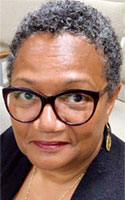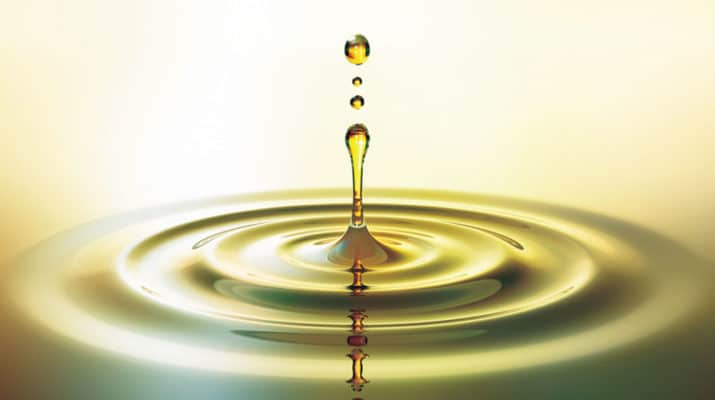Aromatherapy: Do essential oils really work?
By Barbara Pierce

Essential oils have been getting a lot of interest recently, for help with everything from headaches to infections to cancer.
They are one of the fastest growing segments of the natural health industry.
Though they have a reputation for not being taken seriously, there is something going on, medical professionals say.
Essential oils do have health benefits.
“They are definitely something people should consider seriously,” said Denise Passero, owner of Mohawk Valley Essential Solutions.
MVES takes a holistic approach to creating and sustaining wellness as a resource for essential oils.
“More and more people are beginning to realize that they need alternatives and options and are turning to essential oils,” she added. “They are the first place I turn for anything I need to create wellness in my body. Essential oils are a huge part of the wellness strategy in our home.”
What makes oils essential?
Essential oils are oils that are extracted from plants. They are “essential” in the sense that they contain the “essence of” the plant’s fragrance. They’re made by steaming or pressing various parts of a plant to capture its compounds.
Aromatherapy is the practice of inhaling essential oils for therapeutic benefit. Aromatherapy has been used for centuries for its many benefits.
“Just as essential oils support the life processes of plants, they can support the life processes of humans,” Passero added. “They can support mental and emotional wellness, create and support physical wellness, support the health and appearance of the skin, and increase mental focus.”
Passero became interested in learning about essential oils when she had issues with her skin and digestive system. “Finding essential oils changed my life,” she said. “When I started realizing how these oils were improving my life, I had to know why they worked, so started researching them.”
“I use essential oils and essential oil-infused products in and on my body daily. My shampoo, conditioner, body wash, deodorant, toothpaste, skin care — every single thing you do daily to take care of yourself is what I do with essential oils. I also use them to take care of my mental and emotional wellness which leads to a healthier immune system,” she said.
Infection fighter?
Do essential oils help with infections?
There are many health conditions that are successfully treated with essential oils, and more are being evaluated. A Johns Hopkins study found essential oils kill Lyme bacteria better than antibiotics. Other researchers found beneficial effects for treating fatigue, reducing morning sickness, addressing anxiety, treating pain, and helping wounds heal faster.
Though antibiotics have been the best weapon against infections, their overuse is making them less effective. As new strategies need to be developed to treat infections, more research on essential oils is being done, with promising results, Passero noted.
“Essential oils are not a substitute for conventional medicines,” said Passero. “For example, they don’t stand in the place of antibiotics because they work completely differently.
“There are studies that show essential oils are very effective in helping the immune system many ways. Certain chemicals may prevent infectious organisms from replicating themselves and spreading. Some may help the body to destroy the infectious organism.”
She noted a medication is designed to do one thing — enter the cell and target something specific in that cell. When drugs do what they do, they often throw the cellular network out of balance and may result in side effects.
“For instance, antibiotics often not only kill the infectious organism, they also kill the good stuff — the natural desirable flora that live in our bodies,” she said. “Essential oils don’t do that. They help the immune system while keeping the cellular environment in balance. Hence, they create wellness without side effects.”
Is there research to determine whether essential oils can help with cancer?
“There are a number of studies related to essential oils and cancer,” she said. “There are studies that look at the effects of using essential oils along with chemotherapy to see if they will help fight cancer and shorten the amount of time a person may have to be on chemotherapy.”
There are dozens of essential oils, all with different fragrances and chemical make-ups. Which essential oils are best depends on what symptoms you’re looking to ease or fragrances you prefer. It’s helpful to consult with a qualified expert, Passero said.
As with any product you use for health purposes, use essential oils with caution. They are heavily concentrated, so it is important to dilute the oils properly, consider your individual reactions, and watch closely for adverse effects.
Children may have unknown allergies that could make use of certain essential oils off limits for them. Do not drink essential oils as many are toxic.
She recommends the Young Living Essential Oils Premium Starter Kit as the best and most economical way to get started.
For more information, contact Passero at 518-620-1720 or visit https://mohawkvalley-ess.com/.

